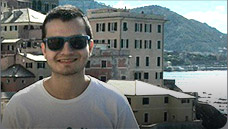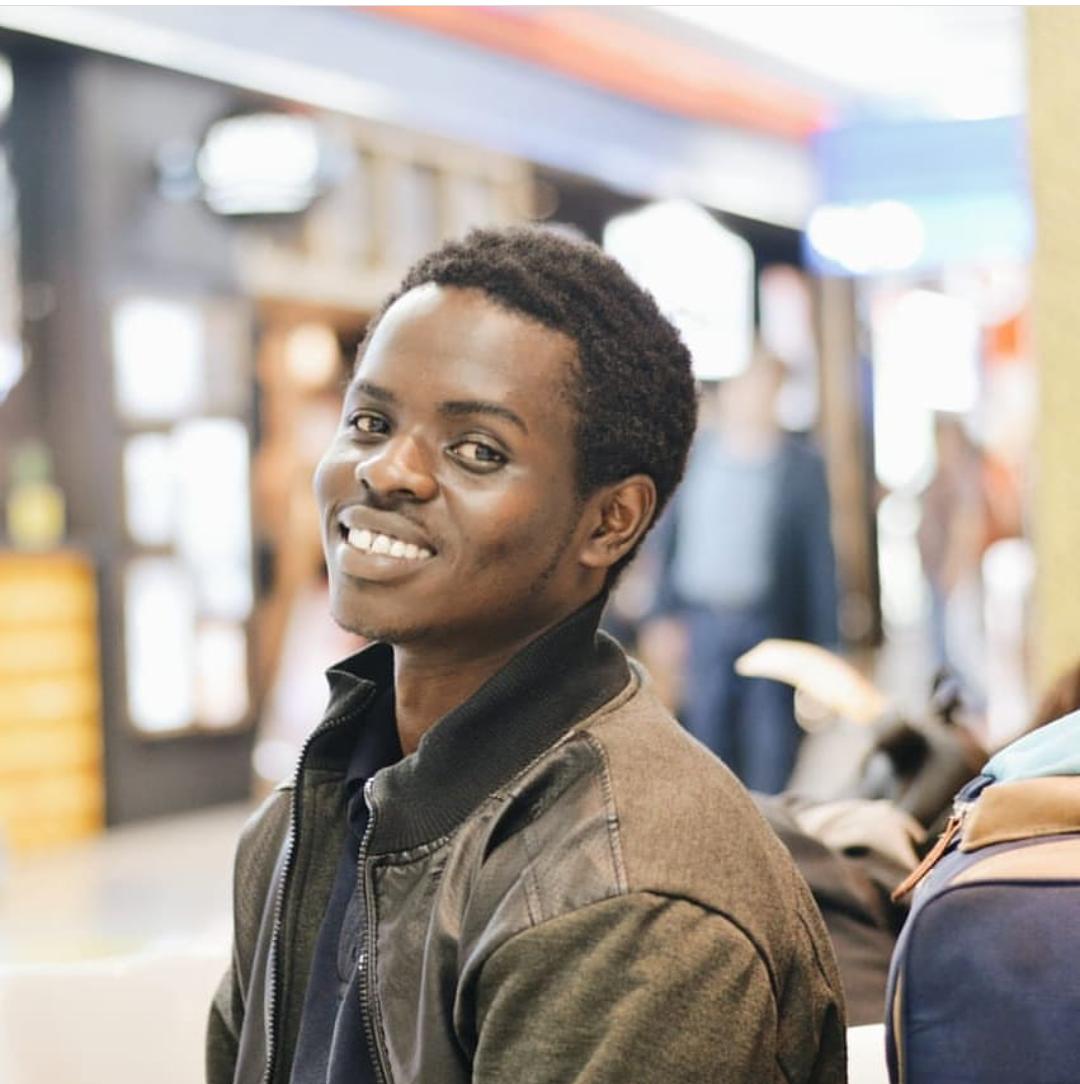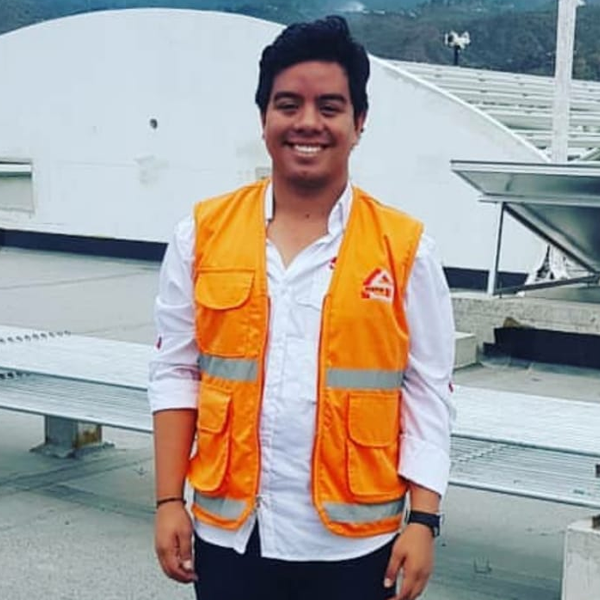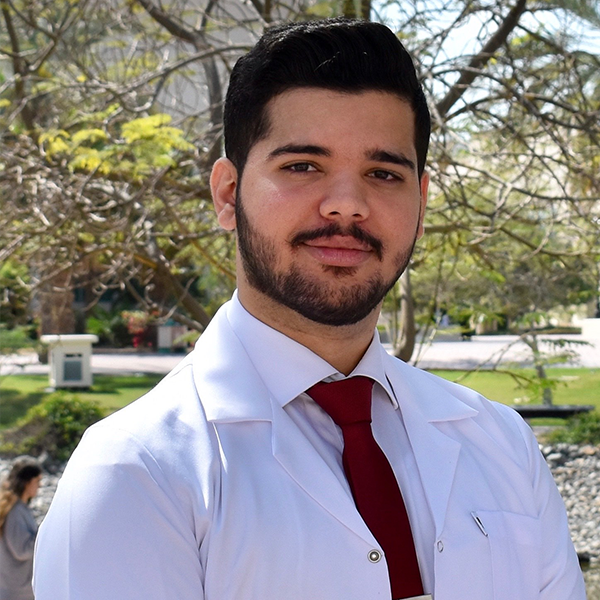A QUICK GUIDE TO STUDYING ABROAD WITH HEMOPHILIA
The best decision I made for this year was the decision to do a semester...
- G.MKT.HEM.05.2018.0217

A QUICK GUIDE TO STUDYING ABROAD WITH HEMOPHILIA
The best decision I made for this year was the decision to do a semester abroad in Salzburg (Austria). I’m so thankful for all the experience and I want to tell you some facts and tips about studying abroad with severe hemophilia:
- Start planning your semester abroad one year before
- Choose your favorite location and look for the best range of studies
- Read experience reports from other students
- Take a look where is the nearest treatment center is located
- Get connected before with the local doctors before your time starts
- Start early to find an accommodation, often you get also help from the local university
- Use the opportunity to get a grant. In Europe for example, it´s really easy to get supported through the Erasmus program by the European Union
Ensure if there is any kind of restriction to travel depending on the current COVID-19 situation
When you’re well prepared it’s really no problem to study abroad with hemophilia, it’s also really worth it. A claim from Erasmus is: “Erasmus is not one year in your life, but your life in one year!” It’s true, you really learn a lot about yourself and about different cultures. Furthermore, you make friendships with people from around the world, which provides for great future travel opportunities, right? On top of that it’s not only fun, but helpful for your CV. Today, many companies prefer people with international experience and good multilingual language skills.
You see, a semester abroad is a good chance to get out of your comfort zone and for an awesome experience. You learn, travel, experience and grow – personally and in regard to your hemophilia.
If you’re interested, you could also connect with the local hemophilia society for an exchange and hear about experiences with travelling abroad in your community.
Don’t let hemophilia stop you from this great experience. Go abroad and have the fun of your life!
Please check COVID-19 international travel guidance before travel in case of any restrictions













